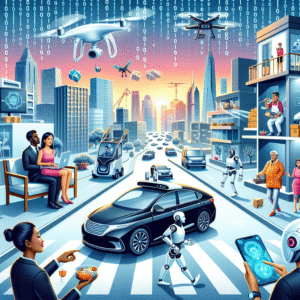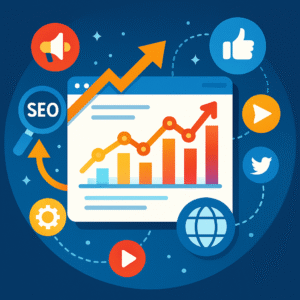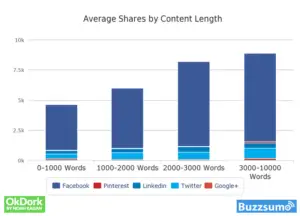
Uncover the Secret Healthy Morning Habits for Lasting Energy
Healthy Morning Habits. Do you often find yourself struggling to wake up in the morning, feeling groggy and unfocused? It’s time to change up your healthy morning habits to boost

Author, WordPress plugin maker, and digital-learning builder at JoseFrancOnline.

Healthy Morning Habits. Do you often find yourself struggling to wake up in the morning, feeling groggy and unfocused? It’s time to change up your healthy morning habits to boost

Artificial Intelligence: How is Transforming Everyday Life. Artificial Intelligence (AI) is no longer just a concept from science fiction movies; it has become an integral part of our daily lives,

The Power of Daily Affirmations for Improving Mental Health Our mental health is just as important as our physical well-being, and finding ways to nurture and support it is crucial

Increasing the website traffic is a crucial goal for any business or individual looking to expand their online presence. By implementing effective SEO tips, content strategies, and social media techniques,

Mindfulness is the practice of being fully present and engaged in the present moment, without judgment. It involves paying attention to your thoughts, feelings, bodily sensations, and the environment around

SEO strategy content can be a confusing place to navigate, filled with tons of strategies that may or may not be outdated. As time passes and Google Bots get smarter,